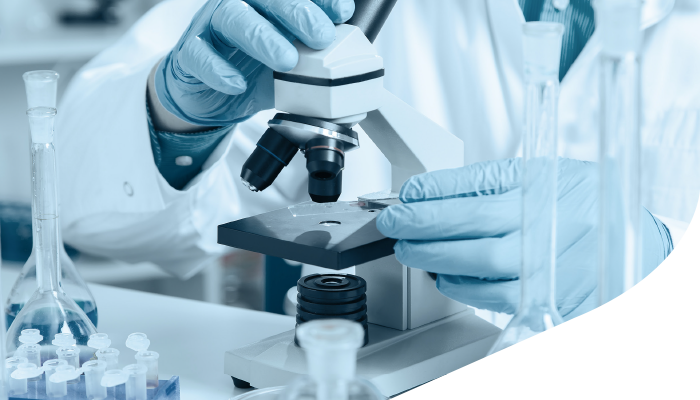Clinical Chemistry
Clinical chemistry, also known as chemical pathology, is a branch of laboratory medicine that is primarily concerned with the analysis of body fluids, including blood, urine, and cerebrospinal fluid. The tests performed in clinical chemistry are critical for the diagnosis, monitoring, and treatment of a wide range of diseases and conditions.
The laboratory services offered in clinical chemistry include a broad range of tests that help healthcare providers identify and manage diseases affecting various organs, including the liver, kidneys, pancreas, gastrointestinal tract, and cardiac organs. These tests may include fasting blood sugar tests to diagnose and manage diabetes, lipid profile and lipoprotein studies to assess cardiovascular risk, liver function tests to assess liver health, and renal function tests to assess kidney function.
In addition to organ-specific tests, clinical chemistry also includes the measurement of various hormones and metabolic markers. For example, glucose metabolism tests can be used to diagnose and monitor conditions such as insulin resistance and hypoglycemia, while hormonal profiles can be used to assess fertility and diagnose endocrine disorders.
The results of clinical chemistry tests are used to guide treatment decisions and monitor the effectiveness of therapy over time. In many cases, these tests are also used for routine health screenings to identify potential health risks before they become more serious.
Overall, clinical chemistry plays a critical role in modern medicine, providing essential laboratory services that help healthcare providers diagnose, manage, and prevent a wide range of diseases and conditions. The laboratory services offered in clinical chemistry are essential for maintaining the health and well-being of patients across all stages of life.

Also referred to as Chemical Pathology, this is largely concerned with analysis of body fluids. These investigations enable physician identify when patients are experiencing any related anomaly affecting organs such as the Liver, Kidneys, Pancreas, GIT or the Cardiac organs. Available tests include Fasting blood sugar, Lipid profile, Lipoprotein studies, Liver function tests, renal function test, Glucose metabolism and hormonal profiles for fertility studies.
